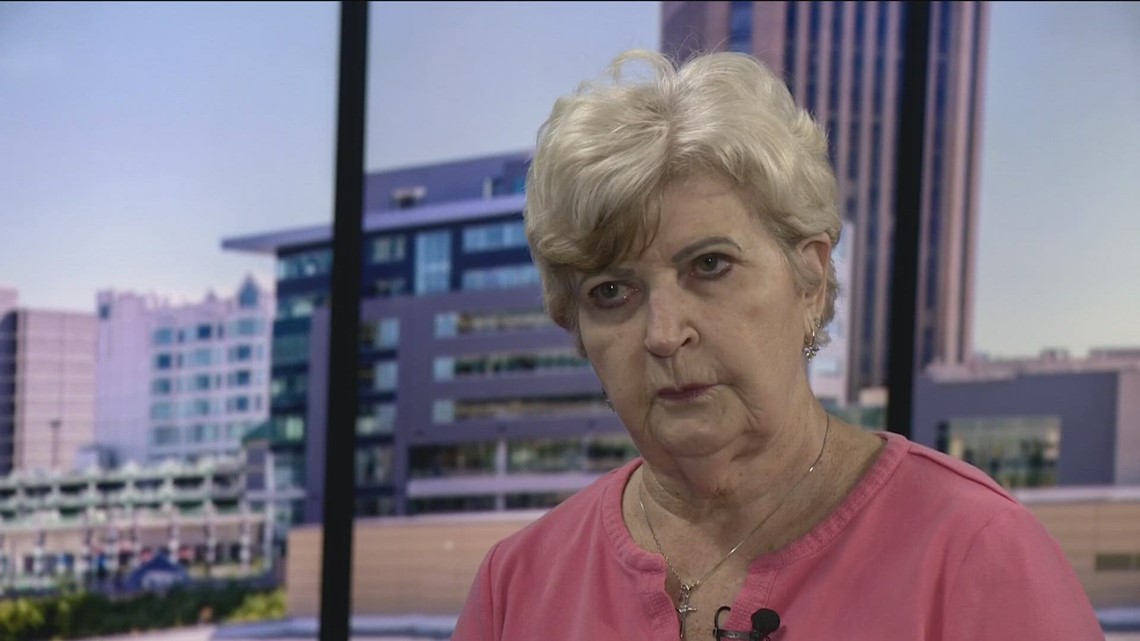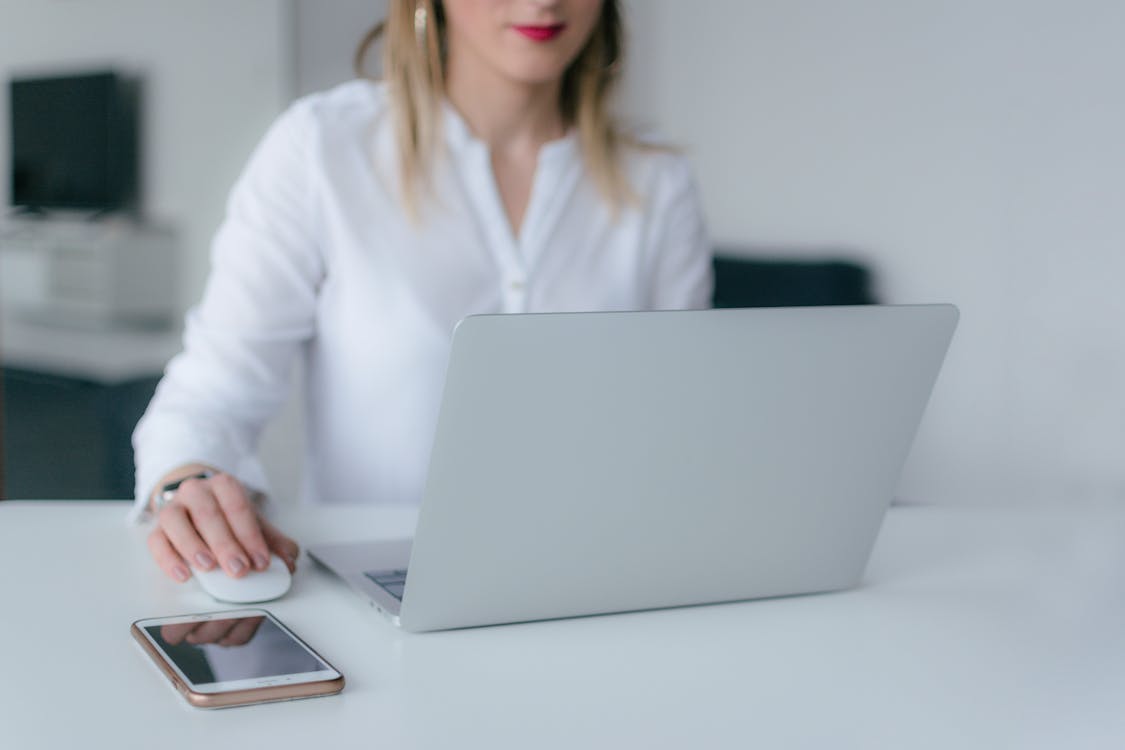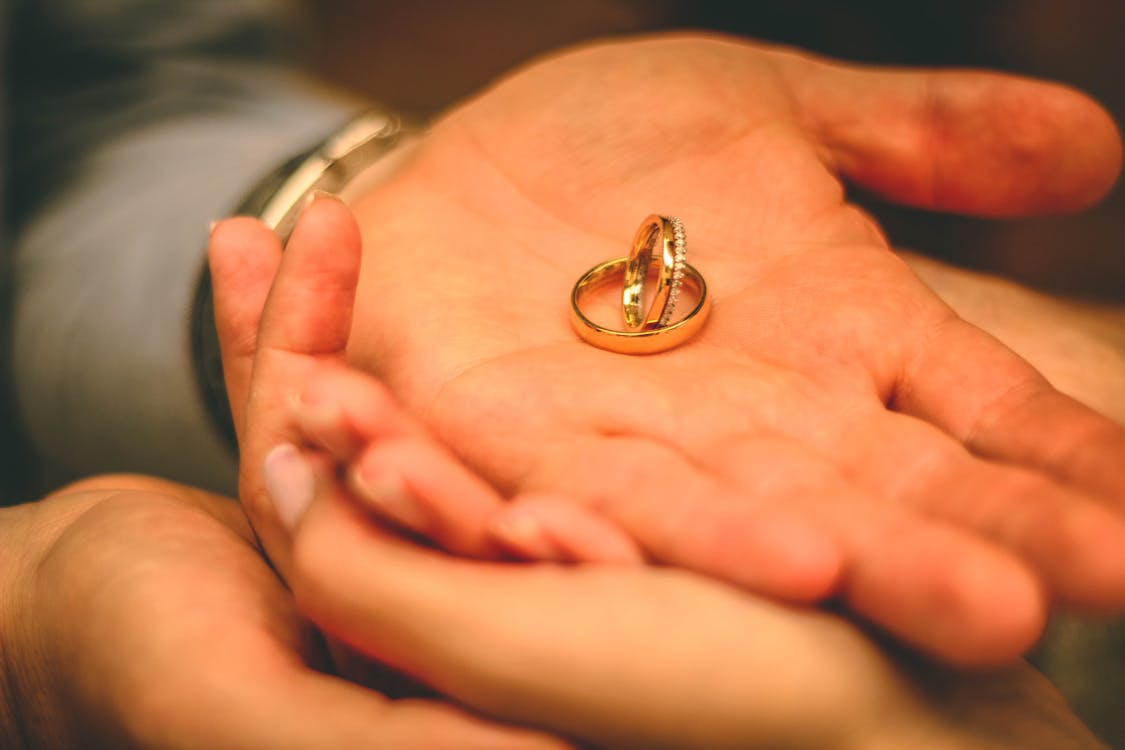Authors’ lawsuit towards OpenAI could ‘fundamentally reshape’ synthetic intelligence, according to professionals

Table of Contents
A group of prominent authors joined a proposed course motion lawsuit filed towards OpenAI over allegations that items like ChatGPT make illegal use of their copyrighted work, placing off a large-profile authorized clash.
Even though the lawsuit follows a sequence of similar legal problems, it functions a roster of perfectly-recognized plaintiffs such as authors George R.R. Martin and Jodi Picoult. The case targets a enterprise at the centre of a wave of synthetic intelligence-driven systems that can instantaneously propose recipes, compose poems and muse above existentialism.
“At the coronary heart of these algorithms is systemic theft on a massive scale,” the lawsuit statements.
The circumstance could essentially shape the direction and abilities of generative AI, both imposing a new established of boundaries on a system at the core of the know-how or cementing an expansive method to online substance that has fueled the rise of goods at present offered, lawful analysts told ABC Information.
“If anybody is heading to gain on the straight-up copyright infringement promises towards OpenAI, this is possibly the lawsuit that has the ideal probability of it,” James Grimmelmann, professor of digital and details law at Cornell University Regulation University, explained to ABC Information.
Grimmelmann described the lawful submitting as a “well-drafted grievance” that presents persuasive arguments above copyright infringement whilst averting murkier problems about trademark concerns or privateness.
In a statement to ABC Information, an OpenAI spokesperson explained the company has held constructive conversations in general with creators and stays self-confident its technology will establish beneficial to them.
“Artistic specialists all over the entire world use ChatGPT as a section of their artistic course of action. We respect the rights of writers and authors, and think they really should profit from AI technological innovation,” the spokesperson stated.
“We’re obtaining effective conversations with several creators all-around the environment, together with the Authors Guild, and have been working cooperatively to understand and talk about their fears about AI. We’re optimistic we will continue to obtain mutually effective methods to perform jointly to support people today make use of new technological innovation in a rich content material ecosystem,” the spokesperson said.
This is what to know about the class motion lawsuit brought by authors in opposition to OpenAI, and what it may necessarily mean for the upcoming of synthetic intelligence.
What are the authors proclaiming in the lawsuit?
Generative AI systems, this sort of as ChatGPT, respond to person prompts as a result of an algorithm that selects words and phrases dependent on lessons realized from scanning billions of items of textual content throughout the world-wide-web.
The major argument created in the lawsuit brought by the authors, in transform, facilities on the alleged unlawful use of copyrighted material for the teaching of the AI products, Pamela Samuelson, a professor at the University of California, Berkeley Law University who specializes in the overlap amongst know-how and copyright, informed ABC Information.
“The big assert is that the ingestion of operates of authorship as training info is itself a replica of the operates,” Samuelson stated.

Sam Altman, CEO of OpenAI, speaks to associates of the press outside the house the “AI Insight Forum” at the Russell Senate Place of work Setting up on Capitol Hill on September 13, 2023 in Washington, DC.
Alex Wong/Getty Images
Missing permission to use the copyrighted work, OpenAI scans and makes use of the producing, which assists foster get the job done that publishers would usually fork out authors to develop, the lawsuit alleges.
Questions continue being over the correct established of details that OpenAI utilizes to prepare its items, including whether or not and to what extent the corporation draws on copyrighted content, Brian Buckmire, an ABC News legal contributor and previous community defender with the Authorized Assist Culture, explained to ABC News.
“We know how copyright infringements work but we really do not know how these details sets get the job done. We do not even have the ability to seem underneath the hood to see what form of details they are and are not using,” Buckmire said. “This lawsuit could open the pandora’s box, so to speak, to give mild to what is going on.”
OpenAI did not reply to ABC News’ ask for for comment about the datasets.
A identical lawsuit brought from OpenAI by comic and actress Sarah Silverman and other authors, in July, alleged that the corporation scanned her 2010 memoir “The Bedwetter” with no her permission. Silverman filed a related match in excess of an AI merchandise unveiled by Meta, the mum or dad company of Facebook.
In reaction to the claim alleging the illegal use of copyrighted material, OpenAI may well argue that any alleged copying of protected functions falls within an exception to copyright safety regarded as “truthful use,” which will allow for the constrained copy of textual content for makes use of like commentary or criticism, Grimmelmann claimed.
In this vein, Grimmelmann added, OpenAI could protect its alleged use of authors’ perform as part of an energy to develop separate, original writing relatively than to regurgitate equivalent text.
“Honest use is famously open-ended,” Grimmelmann stated.
Previous week, Meta and OpenAI each individual submitted independent motions to dismiss the scenarios brought by Silverman. Both filings citied “fair use” in defense of business conduct.
Arguing in protection of Meta, lawyers argued that “good use” protections utilize to the company’s use of content for the instruction of its AI item, Llama.
“Copyright legislation does not secure details or the syntactical, structural, and linguistic facts that might have been extracted from publications like Plaintiffs’ for the duration of instruction,” the lawyers explained. “Use of texts to prepare Llama to statistically product language and create original expression is transformative by character and quintessential reasonable use.”
Likewise, lawyers arguing on behalf of OpenAI reported that AI-driven chatbots these kinds of as ChatGPT, also identified as significant language types, total to a novel technological use of copyrighted materials that does not violate the legislation.
“At the heart of Plaintiffs’ Issues are copyright promises,” attorneys for OpenAI explained. “Those people promises, on the other hand, misconceive the scope of copyright, failing to just take into account the limitations and exceptions (which includes fair use) that correctly depart room for improvements like the large language versions now at the forefront of synthetic intelligence.”
What are the possible implications of the lawsuit?
The implications of the lawsuit will rely on how broadly the court chooses to interpret the problem introduced by the authors, as well as the outcomes of other related cases, Samuelson and Grimmelmann explained.
Nonetheless, the impression of this scenario could also hold profound implications for the language-education mechanism on which textual content bots throughout the sector rely, they included.
“If the plaintiffs’ promises and their arguments get upheld in complete generality then it seriously does basically reshape the market,” Grimmelmann mentioned. “If the plaintiffs in this situation are right and they get everything they want, then you can not just scrape the total internet, use all of the present major knowledge sets and prepare a product.”
The conclusion could power AI companies to achieve permission from authors and publishers for the use of their do the job, offering way to probable negotiations around licensing offers concerning the two sides, Grimmelmann stated.
If OpenAI prevails, on the other hand, it could pave the way for non-public individuals or companies to widely scan the web and create AI types based mostly on the outcomes, Grimmelmann extra.
“If the AI firms win definitely broadly and all of the promises get dismissed, it essentially usually means any person can create an AI model by coaching it on pretty much any data they can discover,” Grimmelmann claimed.
The final decision could shape the facts marketplace, Grimmelmann extra.
“This is the largest obstacle to the assumptions that the copyright procedure makes because the rise of the web or maybe the rise of mass media,” he claimed.
/cloudfront-us-east-1.images.arcpublishing.com/gray/MZZ6VZA235A7XOAVDRAO3AOUWQ.jpg)





